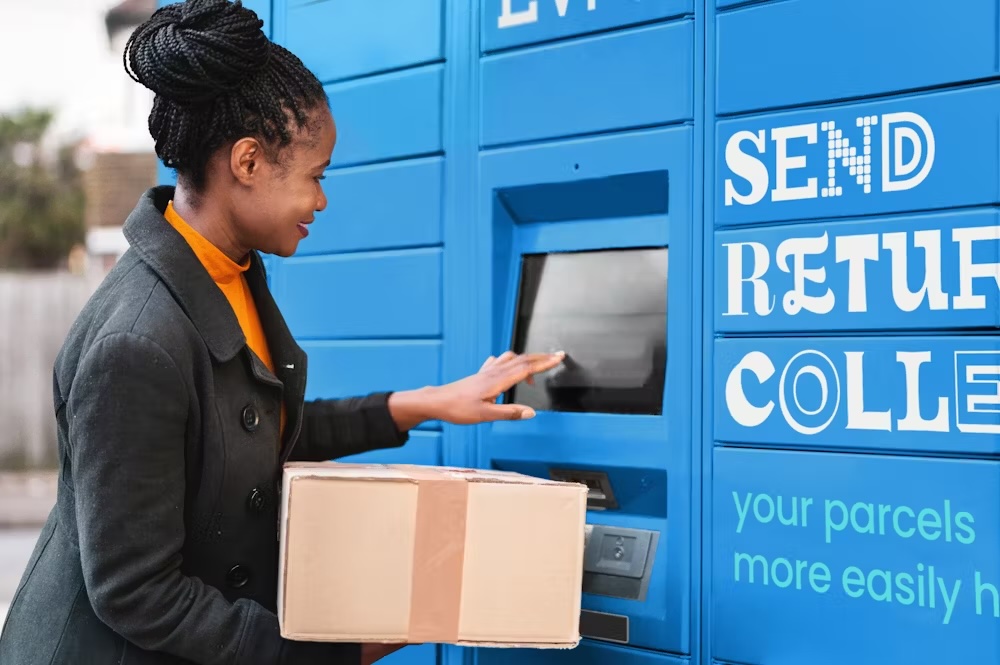Greater delivery choice at the online checkout stage can reduce cart abandonment rates, and boost order completions by as much as 10%, according to parcel and carrier manager, GFS.
GFS director Simon Veale has described how his customers – which include a mix of small and major retail brands – have reported a 10% rise in completed orders in the 12 months since GFS Checkout was introduced, which automatically offers shoppers a choice of delivery or collection services.
His comments coincide with the results of a new survey from Hermes suggesting that delivery issues are among the principal reasons for online shopping carts being ditched before their contents are paid for.
The Hermes study found that people are deterred from buying because of the length of time it takes to close out orders and the cost of getting their goods.
One-eighth of UK shoppers who took part in the questionnaire admitted having abandoned items on 26% of all their online shopping trips in the last 12 months.
Veale believes that the experience of GFS’ clients and the Hermes’ conclusions underline the importance of retailers making the checkout process both clear and straightforward.
“When you consider that there will be more than £52 billion worth of online retail sales made in the UK during the course of this year, the implications of what we and Hermes have found are considerable for retailers, the delivery industry and consumers alike.
“Clients both large and small have told us of the noticeable impact which more choice and more clarity have had in reducing the number of consumers who fail to complete purchases.
“People are more sophisticated than ever before when it comes to buying online and aren’t prepared to accept the kind of limited and sometimes expensive delivery options which they might previously have done.
“These are all things which are relatively easy to correct and yet have such potentially costly consequences if left unattended.”
GFS Checkout was launched as a new, free plug-in in September 2014 following extensive development. It is the innovation by GFS, which was founded in 2001 and handled more than 15 million parcels over the course of the last 12 months.
Hermes’ survey saw more than 3,000 consumers – two-thirds of whom were in the UK and the remainder in Germany – quizzed about their attitudes to online shopping.
It found that Britons were twice as likely as German customers to abandon their virtual carts and determined that young female shoppers are most likely of all to ditch purchases.
The research also mapped a significant change in how consumers want to receive goods which they end up buying.
Home deliveries are increasingly falling out of favour, while newer alternatives, including click-and-collect and convenience stores, have experienced strong growth in recent years – up 16% and 6% respectively on research conducted by Hermes in 2013.
The latest report has also found 3% more people choose to have their online purchases delivered to their place of work now than did only two years ago, something which puts increasing pressure company mailrooms and facilities management providers, leading – in some cases – to an outright ban on personal shopping being delivered to the workplace.
Hermes’ marketing and sales director, Mark Pettit, described the survey as not only providing a comprehensive picture of UK consumer attitudes on e-commerce but a useful comparison with Germany, another of Europe’s online retail powerhouses.
“Whilst there are distinct similarities in how people shop regardless of where they live, there are interesting, subtle differences which reinforce why retailers cannot afford to adopt a ‘one size fits all’ approach to delivery.
“Having a broad mix of options, all set out clearly for the benefit of shoppers in any given territory, can be critical in persuading people to buy goods.
“Free returns and trackable deliveries are also vitally important in building brand loyalty, especially as the potential overseas consumer audience expands.”
Hermes is the UK’s largest consumer delivery specialist, shipping more than 200 million parcels each year via its 10,000-strong army of lifestyle couriers and a network of 5,000 Parcel Shops.








